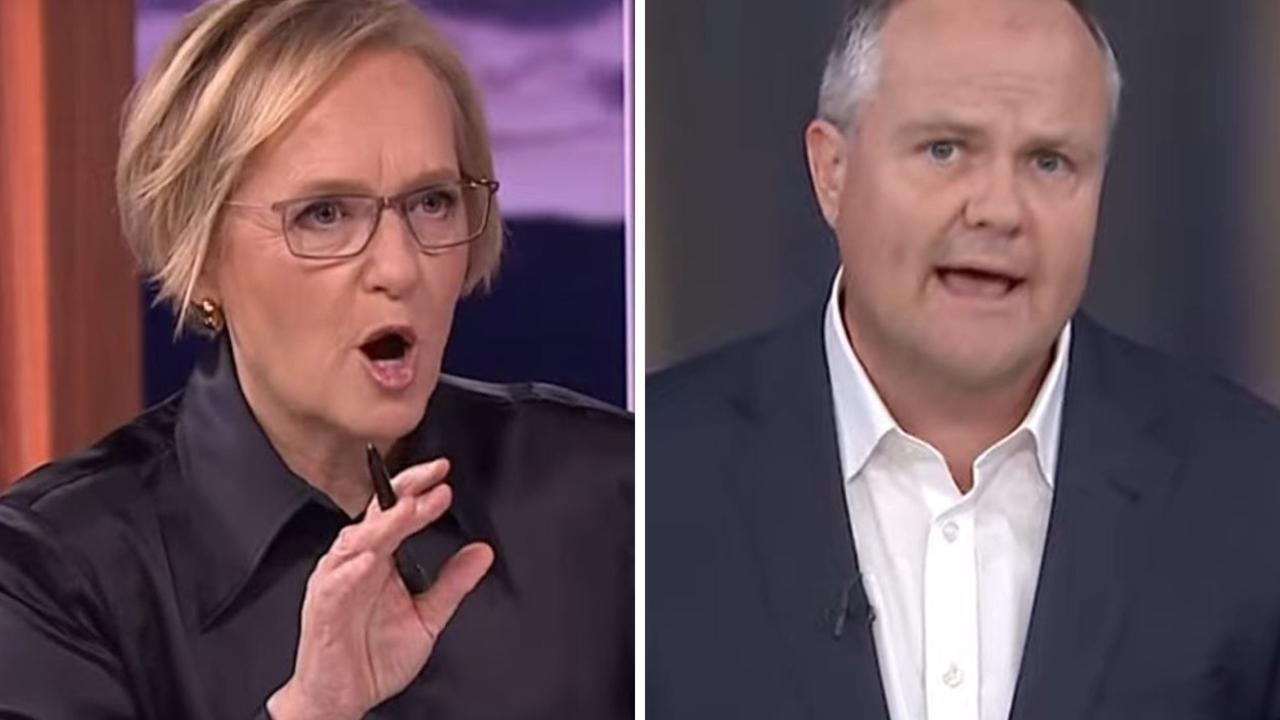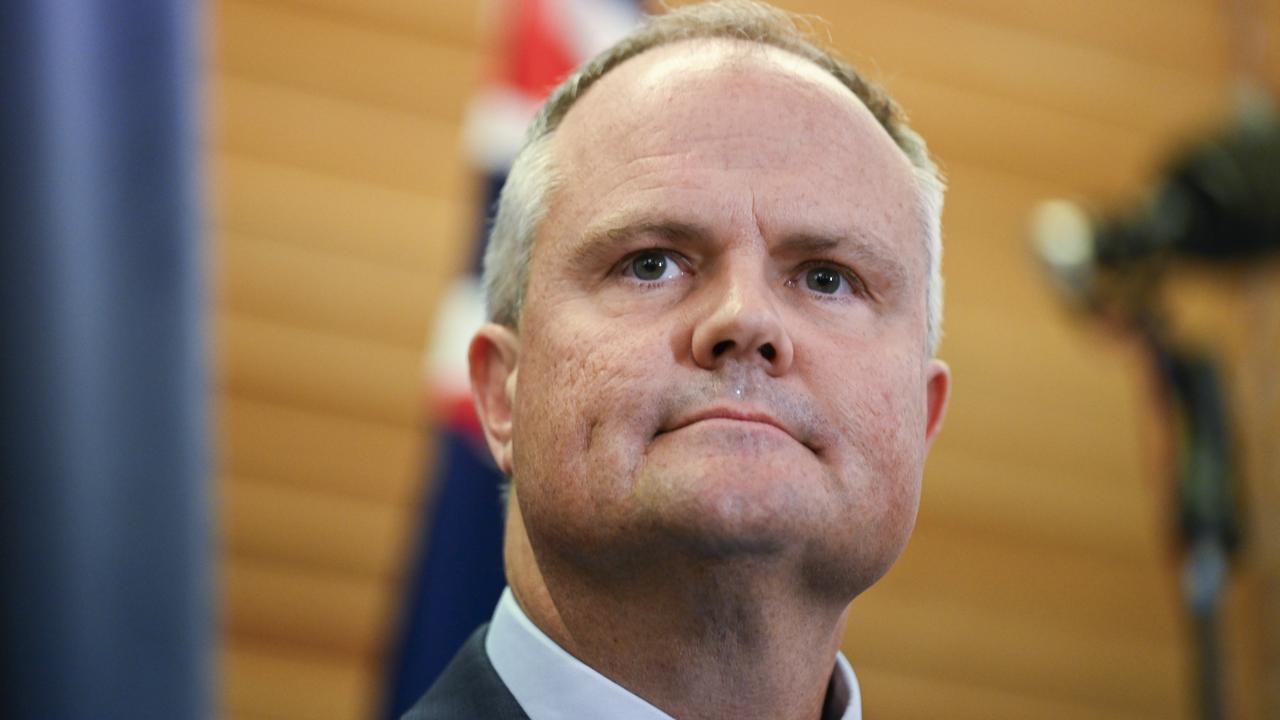Peter MacCallum Cancer Centre opens dedicated carer services department
Peter MacCallum Cancer Centre’s dedicated carer services department only opened a year ago but it’s already growing. See how it works.
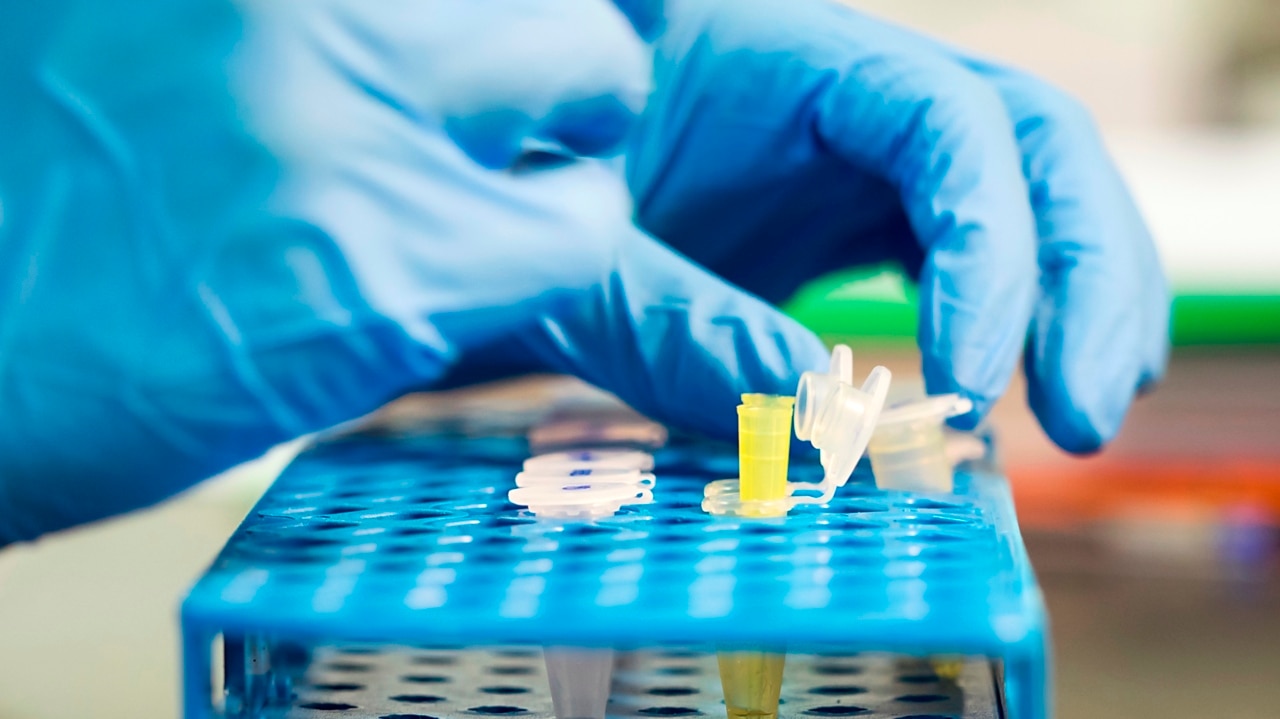
National
Don't miss out on the headlines from National. Followed categories will be added to My News.
Tracey Bonga didn’t ask any of her friends for help once when she was diagnosed with breast cancer four years ago.
But they all showed up with a range of ways to support her, from transport, cooking, cleaning, grocery and wig shopping, or just time to talk or sit together.
Their extent of their practical and emotional support, all self-organised, meant she didn’t have to focus on anything other than survival and her part-time job to pay the bills.
“Every time I think about it, I get really emotional,” Bonga says.
“I have so many beautiful friends. I honestly don’t know if I could have made it through without them. I was running a marathon and everyone was coming along by my side.’’
It’s the side of cancer that doesn’t tend to get much attention but is increasingly being valued as a key element in the treatment journey. In fact, carers offer so much support that they’re now starting to need some support themselves.
Peter MacCallum Cancer Centre last year became the first public hospital in Australia to open a dedicated carer services department. The centre’s prevention and wellbeing director Geri McDonald says it’s already growing.
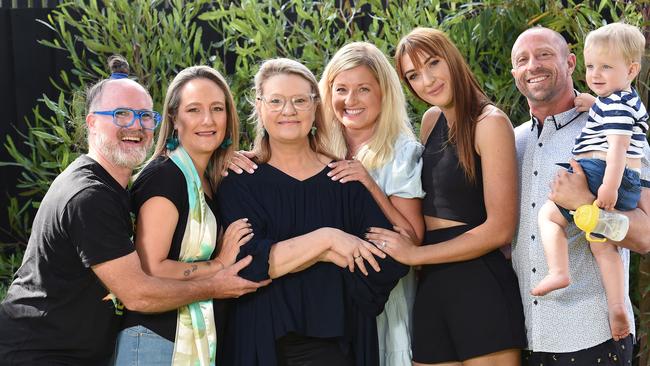
“We saw 80 carers in our first year with just one carer support officer working two days a week, but demand has meant that officer’s now working three days a week and we’ve put on a psychologist who just sees carers,’’ McDonald says.
“Addressing carer needs is as vital as addressing patient needs.’’
McDonald says there’s been a lot of research on the unmet needs of carers and the biggest one is unmet psychological needs.
“We sit down with them face-to-face to identify their needs and can also refer them to services out in the community.”
In Australia, about a third of carers spend up to 40 hours or more a week in a carer’s role.
For Bonga, 52, divorce meant she was already self-reliant but even she was surprised by how many helpful friends emerged.
There were the “mums’’ at work who made her food, including one who started wearing a beanie just to make her feel better when she lost her hair.
Mates and their partners banded together to drive Bonga to all her medical appointments.
“There were 16 people on the transportation roster, picking me up from home and taking me to hospital,” Bonga says.
“I was overwhelmed by everyone’s time and generosity.”
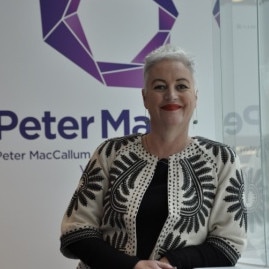
The impact was so great that she was determined to give back once she made it through, finishing treatment at the end of 2019.
She joined the Treasure Chest committee, which raises money for equipment and services at the Royal Melbourne and Royal Women’s Hospitals but chairwoman Paige Quartermain says they also pay for some in-home services for breast cancer patients who don’t have carers.
“Without a carer, you’re on your own,” Quartermain says.
“They provide not just physical support but mental and emotional. They’re getting you through day to day, putting you in a good frame of mind, trying to make you laugh and feel better about what you’re facing.”
TRACEY’S CARERS
Four of Tracey Bonga’s carers explain why they jumped at the chance to support her:
Skoty Turley, 56
“Tracey and I’ve been besties for 20 years and she was there for me when my family broke down, so I was there for her. The way I look at it, we’ve had 20 years to lose each other, and we haven’t so that says something. I live just around the corner so I’d pop over and make sure she had something to eat and was OK. The main thing was staying with her at night when she moved to the beach during radiotherapy so she wouldn’t feel alone there.”
Ola Grzyborska, 40
“I did a roster for her six months of chemotherapy, so someone was always there to take her and sit with her while it was happening. I cleaned her house, did the groceries and was just a support in any way she needed. She never asked for help but we all wanted to be there for her.”
Lenny Gould, 37 (with additional support from wife Louisa Stokes)
“The favour started with her and I’m only ever returning it. I’ll always do whatever I can to extend my help to that girl. She’s a very special person. She was also very close with my ex-partner who passed away and did things for her that no one else did, which speaks volumes for who she is as a person. It was agreed she’d do her recovery from five weeks of radiation at my father’s beach home in the peace and quiet.”
Rachel Lynch, 41
“I’d take her to doctor’s appointments and chemotherapy sessions, making sure she understood the information being described to her. I remember the day she got the results she was in the clear and we went out and had a special lunch. You’ll find some people in your life who’ll be there all the way through, and it was important to me to be there for her, keeping her spirits up.”
More Coverage
Originally published as Peter MacCallum Cancer Centre opens dedicated carer services department



